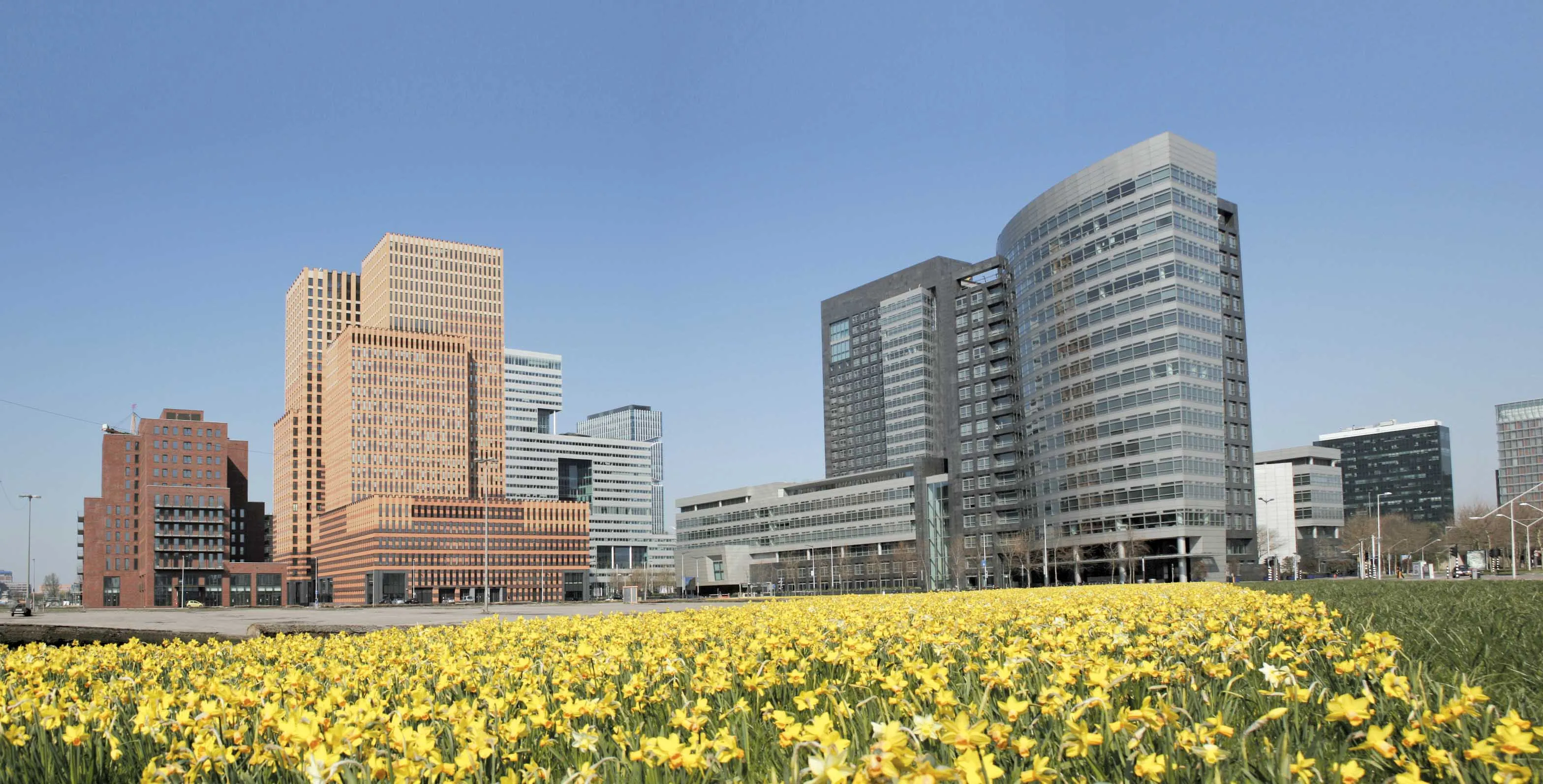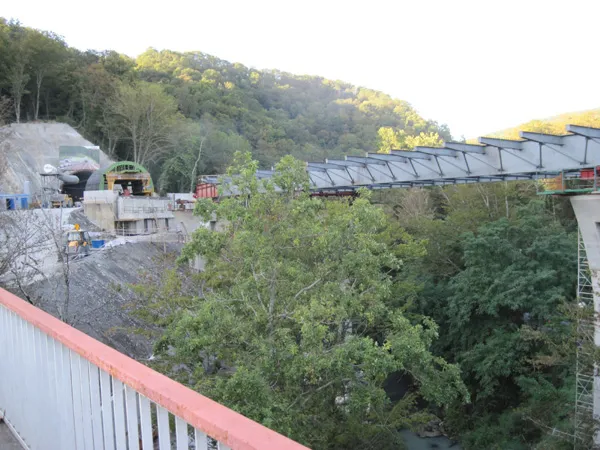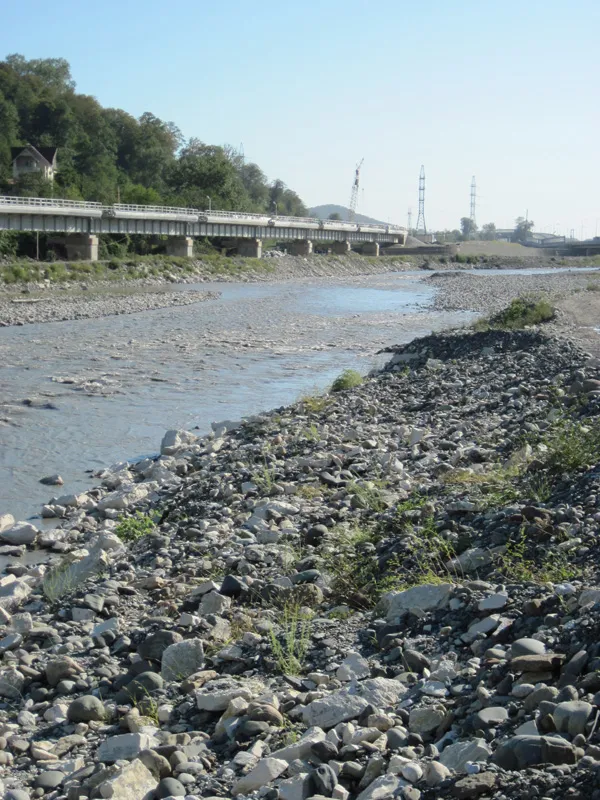Amsterdam businesses, many of them global companies, face a decade of traffic disruption and noise when road works start in the Netherlands capital’s financial district.
Among the projects in Zuidas will be putting the A10 ring road into a tunnel, the Financieele Dagblad newspaper reported.
The Zuidas is a rapidly developing business district in the city of Amsterdam in the Netherlands. The Zuidas, also known as the 'Financial Mile', lies between the rivers Amstel and Schinkel along the ringroad A10.
April 27, 2015
Read time: 2 mins

Amsterdam businesses, many of them global companies, face a decade of traffic disruption and noise when road works start in the Netherlands capital’s financial district.
Among the projects in Zuidas will be putting the A10 ring road into a tunnel, the Financieele Dagblad newspaper reported.
The Zuidas is a rapidly developing business district in the city of Amsterdam in the Netherlands. The Zuidas, also known as the 'Financial Mile', lies between the rivers Amstel and Schinkel along the ringroad A10. Large multinationals such as ING Group, ABN-Amro, and Akzo Nobel already have their headquarters in the area. The World Trade Center Amsterdam has recently been renovated and expanded.
The greatest influences for the development of the Zuidas are La Défense in Paris and Canary Wharf in London. In area’s railway station, Amsterdam Zuid will become the second main station of Amsterdam.
The transport ministry reportedly will not impose strict conditions on noise and traffic disruptions on the project but wants to see what conditions the winning contractors will self-impose.
The first contracts for the €1.9 billion project will go to tender in the next several weeks for work to start in 2017.
But opposition is growing to the project, including among former supporters such as former city council alderman Duco Stadig. He says revised traffic forecasts means the project mayu not be value for money.
The Zuidasdok project involves widening the A10 and placing part of it and the railway underground. Supports claim this will improve air quality and accessibility to the area, as well as create more space for housing.
The Amsterdam entrepreneurs’ association Oram says the noise issue should be left up to builders. “This is the most expensive location in the Netherlands,” a spokesman said. “The construction period could easily drag out to 15 years.”
Among the projects in Zuidas will be putting the A10 ring road into a tunnel, the Financieele Dagblad newspaper reported.
The Zuidas is a rapidly developing business district in the city of Amsterdam in the Netherlands. The Zuidas, also known as the 'Financial Mile', lies between the rivers Amstel and Schinkel along the ringroad A10. Large multinationals such as ING Group, ABN-Amro, and Akzo Nobel already have their headquarters in the area. The World Trade Center Amsterdam has recently been renovated and expanded.
The greatest influences for the development of the Zuidas are La Défense in Paris and Canary Wharf in London. In area’s railway station, Amsterdam Zuid will become the second main station of Amsterdam.
The transport ministry reportedly will not impose strict conditions on noise and traffic disruptions on the project but wants to see what conditions the winning contractors will self-impose.
The first contracts for the €1.9 billion project will go to tender in the next several weeks for work to start in 2017.
But opposition is growing to the project, including among former supporters such as former city council alderman Duco Stadig. He says revised traffic forecasts means the project mayu not be value for money.
The Zuidasdok project involves widening the A10 and placing part of it and the railway underground. Supports claim this will improve air quality and accessibility to the area, as well as create more space for housing.
The Amsterdam entrepreneurs’ association Oram says the noise issue should be left up to builders. “This is the most expensive location in the Netherlands,” a spokesman said. “The construction period could easily drag out to 15 years.”







